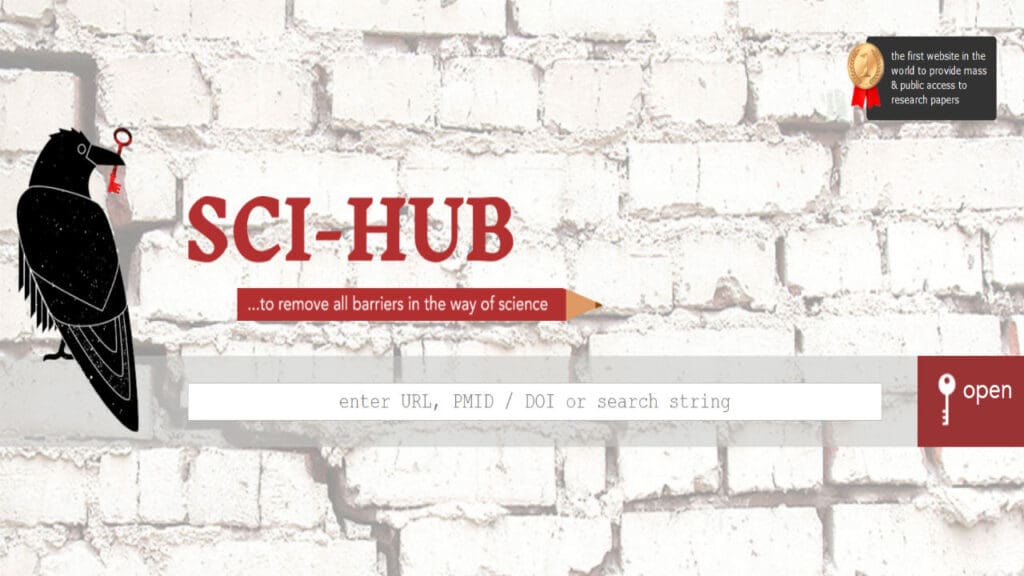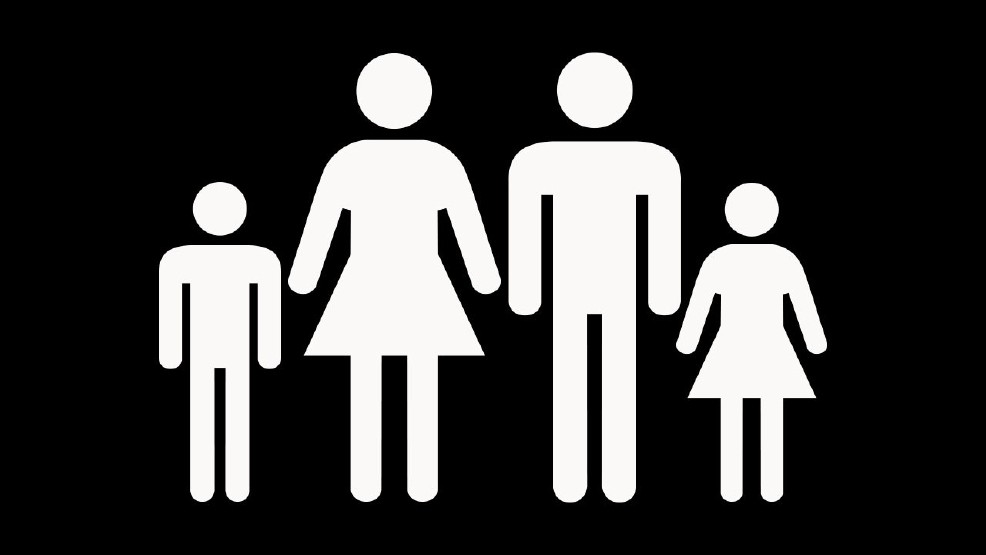The Delhi High Court has directed the Ministry of Electronics and Information Technology (MeitY) and the Department of Telecommunications (DoT) to block Sci-Hub, Lib-Gen and other similar shadow libraries with immediate effect. This move follows a 2020 complaint by Elsevier, Wiley Periodicals, American Chemical Society, and others that these shadow libraries were “infringing copyright and indulging in online piracy.”
In February 2021, a group of scientists from Delhi defended these websites by arguing that the Copyright Act allows “fair dealing” of scientific work for research purposes, according to The Hindu. Online piracy is an issue, yet shadow libraries have provided legitimate knowledge and data for many Indian students and academics. Reddit is already abuzz with tips and tricks on how to circumvent the ban; alternatively, many social media users are complaining that this move is about restricting people’s access to reliable information.
The ban on shadow libraries will disempower marginalised and geographically scattered communities, make fact-checking and data verification tougher, and promote disinformation. This will also cause knowledge inequality among scholars.
The ban will disempower marginalised and geographically scattered communities, make fact-checking and data verification tougher, and promote disinformation. This will also cause knowledge inequality among scholars.
Disempowering people from marginalised communities
The Global South has a long history of being oppressed, colonised and enslaved to the point where the wealth gap with richer nations that have in the past participated in colonisation, slavery and other spurious early capitalist practices such as indentured labour, is now significant. This global wealth gap remains unaddressed through diplomacy or social justice initiatives across the world. In such a context, when publishers who price access to their articles at rates which could be a family’s monthly basic groceries budget, in countries like India, are essentially participating in disempowering people by cutting off their access to reliable information.
World Inequality Lab reports that the average middle-class income is $1,65,000, or USD 1883. Most magazines charge $20–$40 for pay-per-view articles. In India, that amounts to 1.06% to 2.12% of a family’s annual income per article. This imbalance is clear. Who is affected by such a ban? The short answer, everyone, because even the most affluent scholars have been known to resort to shadow libraries at night rather than to wait for the book to arrive, a night before the conference presentation. Long answer: Anyone without access to a library that subscribes to all these periodicals is affected.
In a country where the average young female student must balance domestic and educational responsibilities, this ban cuts off reliable resources she could previously access online.
While the Government of India programme ONOS (One Nation One Subscription) is the most readily available comprehensive open-access library, individuals like you and me cannot access it without an institutional affiliation. To access it, one must be a member of a government-funded or recognised institution. This site is inaccessible to independent researchers and private or unaffiliated individuals. Therefore, a scholar at a small-town college has no access to reputable knowledge, information, fact-checking, or article references.
For female scholars, it’s even more challenging. In a country where the average young female student must balance domestic and educational responsibilities, this ban cuts off reliable resources she could previously access online. Female scholars are especially vulnerable due to their intersectional marginality in family and organisational settings.
Similarly, for disabled people, this ban takes away their agency to maximise their internet searches for scholarly contributions. In the light of such perspectives, this ban by the Delhi High Court, without governance-level initiatives to make platforms such as ONOS accessible through National Identification documents for everyone, is highly objectionable.
Misinformation, Fact-checking and Data Verification
In an age of misinformation, unverified WhatsApp forwards, bogus content, and polarising podcasts, this ban in the world’s second most populous country might fuel anger and ill-informed propaganda. On one hand, State government-led projects like the Goa Police’s ‘Spot the scam’ and ‘Radical Content analyser’ use AI/ML to spot criminal intent in URLs, SSL certificates, and app permissions to reduce bogus content online.
On the other hand, fact-checking, cross-verification and reliable reviews by independent media bodies, just got a lot more difficult. This appears to be a classic case of progress being defeated through ill-informed decisions.
Misinformation is already pervasive, but this ban will make it worse because people can now share their non-data-backed ideas without verification.
Academic literature is read by everyone who wants relevant knowledge based on their interests, not simply academics. Misinformation is already pervasive, but this ban will make it worse because people can now share their non-data-backed ideas without verification.
This London School of Economics report links misinformation to WhatsApp. It shows how disinformation can kill and how socially induced prejudices disseminate it. The usual response to incorrect or poorly cited comments was, ‘go read that book’. Now, in India, we no longer have the option to ask people to ‘read that book’ because that book is beyond the reach of the average person. In a country where disinformation has real-world effects, disempowering the people through a shadow ban without making ONOS accessibility public will have intriguing consequences that we can only wait and observe.
Scholars are already struggling with enormous changes in higher education, yet this ban may increase traffic to predatory journals and publications. We must wait and see what the Ministry of Education can give to fill this enormous open-access information deficit for Indian scholars.
Impact on Dalit, Bahujan, and Adivasi scholars
The digital literacy gap in India is real. Scholars say this difference occurs on several levels. First, computer ownership and internet access, then literacy and usage. This caste-based digital divide report shows the genuine disparity. This data shows that Dalit, Bahujan, and Adivasi people are so far from digital access that they likely use physical books and friends to obtain digital resources. While it is unclear how this ban will affect them, the fact that shadow libraries are no longer available will hit them hardest, especially if they use online forums and groups where volunteer networks provide soft copies of such materials.
This digital divide will likely have real consequences when scholars from marginalised backgrounds cannot afford to access these libraries, while those from privileged classes can. The already existing digital divide will worsen. Lack of different study materials leads to ineptitude, especially when compared to the privileged. This will perpetuate injustice and failure.
Big academic publishers, like those that moved the court, are entitled to allege copyright violation, but a deeper study would have shown that the issue is linked to global income inequality and knowledge democratisation.
The Delhi High Court’s ruling in favour of International Publishers, which charge prices far above the reach of the average Global South scholar, without a coordinated effort to make subscriptions to already working databases like ONOS openly available, may worsen India’s inequality problem.
Courts must protect the best interests of their citizenry while considering each case’s unique circumstances. Big academic publishers, like those that moved the court, are entitled to allege copyright violation, but a deeper study would have shown that the issue is linked to global income inequality and knowledge democratisation. This instance looks to lack insight, which must be remedied to avoid disinformation, discrimination, and gender-based violence.
About the author(s)
Utsarjana Mutsuddi, is a PhD Research Scholar working in the broader area of Cultural Studies with a focus on Performance, Cultural Texts and Indigenous Studies. She loves to write, create, cook and dream.




